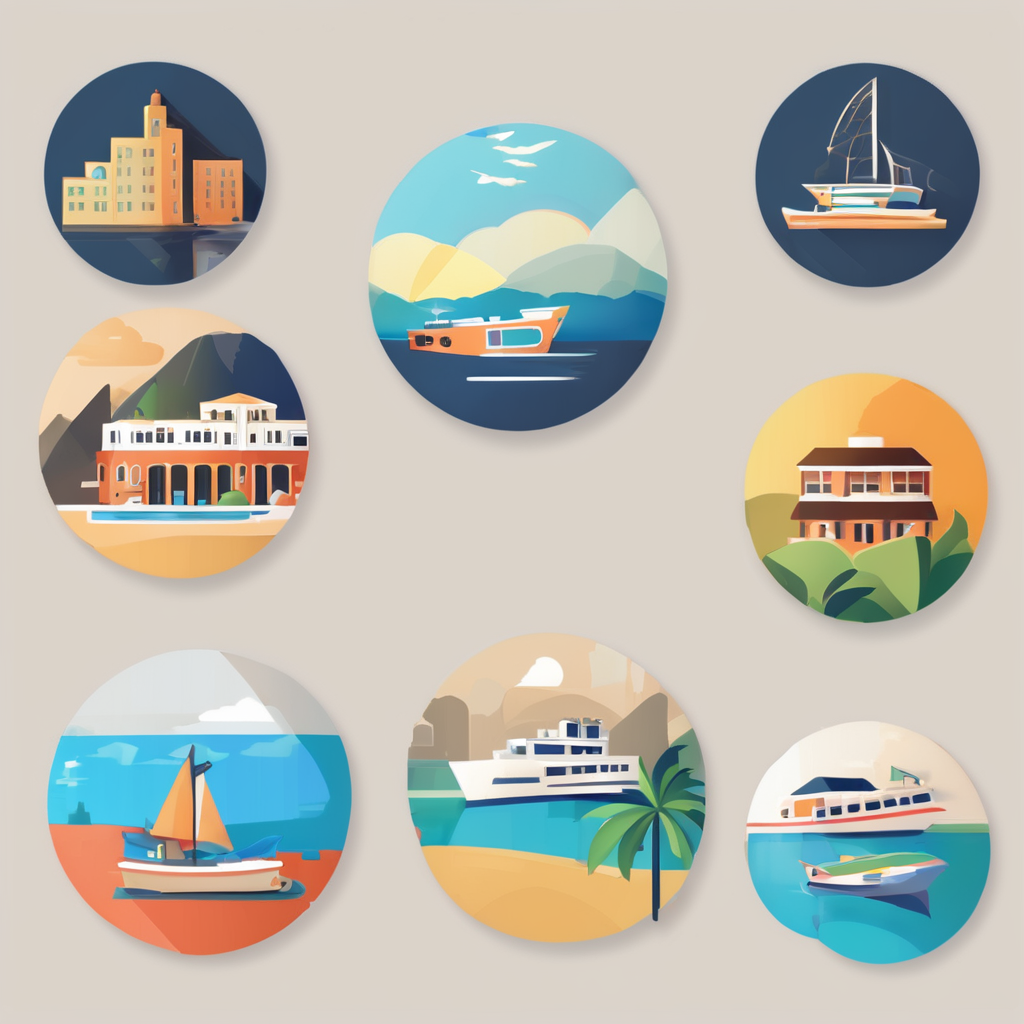Overview of Flute-Making Workshops in Britain
Flute-making workshops in the UK offer rich artistic and cultural experiences, highlighting the profound heritage and craftsmanship of traditional flute-making. These workshops range from beginner-friendly sessions to advanced courses for seasoned crafters. Each workshop aims to provide a deep understanding of flute construction, allowing participants to immerse themselves in the creative process.
Types of Workshops
Participants can enjoy diverse learning opportunities, with workshops tailored to various skill levels. Beginners often start with lessons on basic techniques, such as shaping and tuning the flute. Intermediate and advanced sessions delve into more sophisticated crafting methods, covering materials selection and personalized instrument styling.
Also to read : Explore Captivating Guided Tours: Dive Deep into the Rich History of British Sculpture
Notable Workshop Locations
Various renowned locations across Britain host enriching flute-making workshops. Places such as London, Manchester, and Edinburgh offer exceptional programs that attract both locals and tourists. Each location provides a unique cultural backdrop, adding to the artistic ambiance of the learning experience.
The UK artistic experiences provided in these workshops not only enhance musical skills but also promote cultural awareness. By participating in a flute-making workshop, one engages with a craft that has roots deeply intertwined with British history, allowing for a meaningful and memorable journey into the world of traditional artistry.
Also to discover : Dive into Intriguing Interactive Workshops on the Enchanting History of British Naval Chart Making
Historical Context of Flute-Making in Britain
The rich Flute History in Britain stretches back centuries, with traditional craftsmanship forming an integral part of the country’s cultural tapestry. One core aspect of this Cultural Heritage is maintaining ancient techniques which have been passed down through generations. These techniques are celebrated and taught during flute-making workshops, creating a bridge between past and present artistry.
British flute-makers have played significant roles in the evolution of the craft. Notable figures such as Theobald Boehm and Rudall & Rose have profoundly influenced modern flute design and production standards. By preserving these historical influences, workshops not only honour past artisanship but also inspire future generations to cultivate their unique approaches in British Craftsmanship.
The importance of preserving traditional crafting techniques cannot be overstated; they offer insights into historical practices and bolster the authenticity of ancient crafts. Learning from experienced craftsmen provides depth to the flute-making workshops, highlighting historical nuances that participants are able to appreciate.
Incorporating historical elements, these workshops provide a cultural and educational experience that enriches participants’ understanding of flute-making. Importantly, they underscore the significance of Flute History as an artefact of British identity and contribute to the ongoing legacy of this cherished art form.
Tips for Tourists Attending Workshops
Embarking on a journey into the world of flute-making workshops provides both satisfying artistry and cultural exploration. For travellers, ensuring a successful workshop experience starts with thoughtful preparation. It is recommended to wear comfortable clothing and shoes, as hands-on activities can be physically engaging. Bringing basic tools for note-taking can enhance learning and capture essential tips during sessions.
When planning a workshop visit, logistical considerations are crucial. Booking in advance is highly advisable, as these workshops often require reservations due to limited spots and high demand. Checking for potential waiting lists can prevent disappointment and ensure a spot in sought-after sessions.
Conveniently, many workshops are located near popular UK tourism destinations, allowing attendees to explore local culture further. A well-rounded trip could include visits to nearby attractions, which often complement the artistic experiences of the workshop. Participants can look into local accommodations that offer easy access to venues, making the commute seamless and stress-free.
By combining creative learning with local travel, participants can fully immerse themselves in the unique cultural fabric of the UK, enriching both their craftsmanship and their tourism experience.
Participant Reviews and Testimonials
Flute-making workshops in Britain have garnered rave reviews from participants who highlight their enriching learning experiences. Attendees often praise the workshops for providing a deep sense of community and cultural exchange. These workshops become a haven where participants from diverse backgrounds unite over a shared love for flute-making, fostering strong bonds and inspiring creativity.
Participants frequently express admiration for the knowledgeable instructors who offer invaluable hands-on guidance. The personalized attention received ensures that both novice and experienced crafters leave with enhanced crafting techniques. Many appreciate the balance between structured teaching and the freedom to explore individual artistic styles.
Reviews commonly mention memorable moments during workshops, such as successfully crafting a flute or engaging in discussions about British Craftsmanship. Attendees cherish the opportunity to connect with fellow enthusiasts, sharing insights and experiences that often lead to lifelong friendships.
Overall, participant feedback illustrates the profound impact these workshops have on personal and artistic growth. Many describe their experiences as transformative, leaving with a deeper understanding of the intricacies of flute-making. The workshops are highly recommended for anyone interested in both the creative and historical facets of this celebrated art form.
Detailed Guide to Popular Workshop Locations
Embarking on the journey of exploring flute crafting locations offers an immersive blend of artistry and cultural enrichment. Each workshop destination has its unique charm and distinctive features that captivate both locals and visitors.
Location 1: London Workshop
The London Workshop is renowned for its comprehensive programs that cater to various skill levels. Housed in a heritage venue, it offers an inspiring atmosphere enriched by London’s vibrant arts scene. Flute-making sessions often run between two to four hours, providing flexibility for attendees’ schedules. Age restrictions might apply, favouring participants aged 12 and above.
Location 2: Manchester Studio
The Manchester Studio stands out for its cutting-edge facilities and contemporary approach to flute craftsmanship. The venue’s engaging ambiance sets the stage for creativity, with workshops generally spanning half to full days. Designed to accommodate different skill levels, the studio enhances learning with modern resources, welcoming participants starting from age ten.
Location 3: Edinburgh Artisan Hub
In the heart of Edinburgh, this workshop destination combines historical charm with modern amenities to perfect the flute-making craft. With a scenic backdrop, sessions typically last three hours and are open to participants aged 14 and older. The Artisan Hub offers a dynamic schedule, ensuring a rich hands-on learning experience.
Skill Levels and Learning Opportunities
Flute-Making Workshops cater to a spectrum of enthusiasts, offering structured learning opportunities for different skill levels. Beginners are introduced to fundamental flute-making skills, learning crucial techniques such as basic shaping, tuning, and material recognition. These initial steps provide a solid foundation, fostering confidence as participants progress in their craft.
For those with intermediate or advanced skills, workshops present more complex challenges. Here, crafters engage in sophisticated crafting techniques, experimenting with a variety of materials and styles to create personalized instruments. This hands-on approach ensures that each participant deepens their understanding and hones their craft further.
The hands-on learning experience is pivotal, as participants get direct practice with expert guidance. It encourages creativity, allowing them to express their unique artistic visions while learning traditional methods. The tactile nature of these sessions amplifies both the enjoyment and effectiveness of the learning process.
Participating in these workshops is rewarding for both novices and experienced artisans. Novices build competence in basic methods, while experienced individuals can explore new techniques. Engaging in this immersive process enriches one’s appreciation of flute-making, offering personal and artistic growth with every session.

